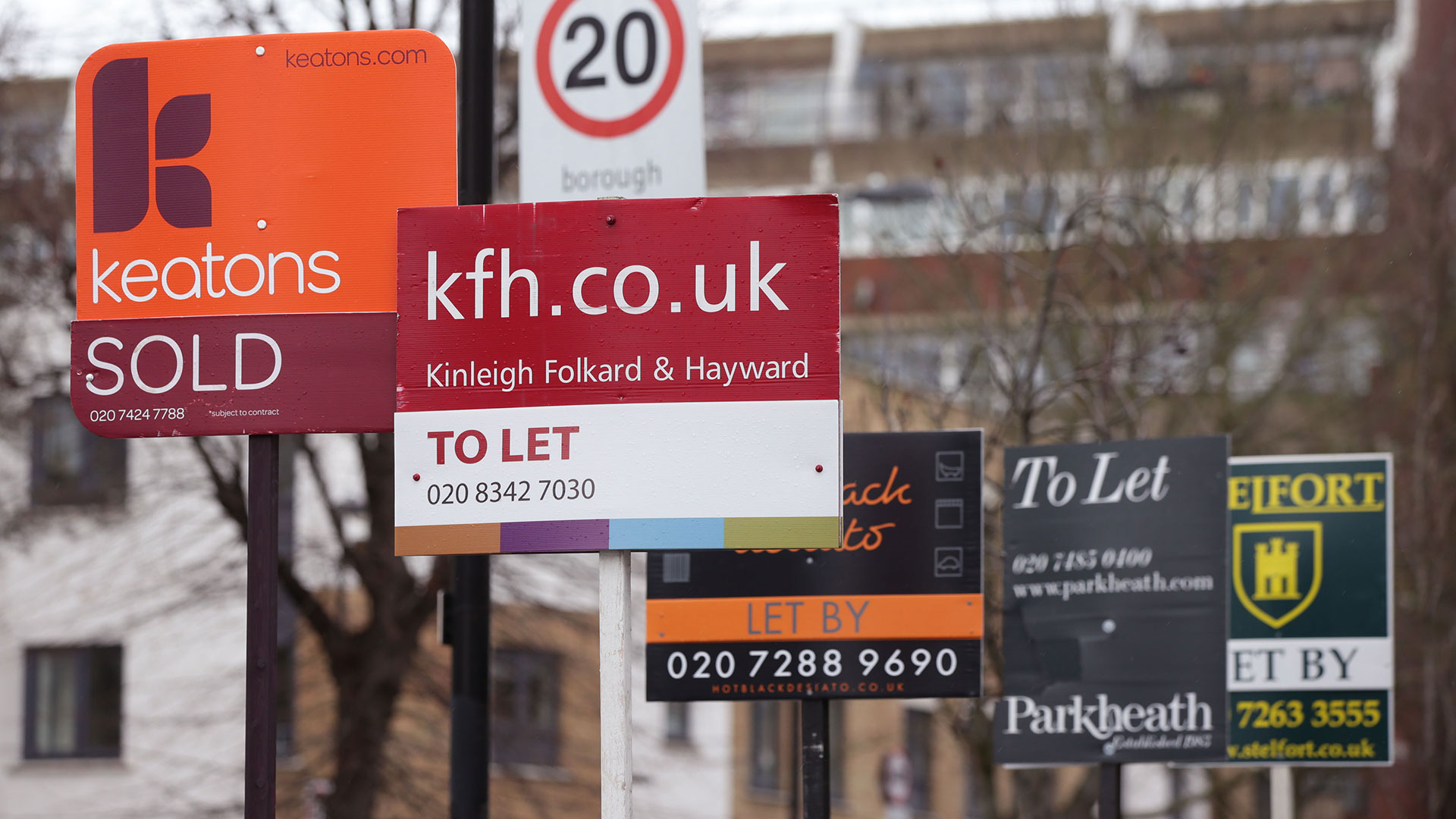Polly Neate, chief executive at Shelter, said: “The Housing Secretary promised no-one would lose their home because of coronavirus. But the financial chaos of Covid-19 means that many private renters are in danger of being evicted when the current ban lifts. Unless he acts now, he will break his promise, and put thousands of renters at risk of homelessness.
“We know people have been doing whatever they can to pay their rent and keep their home safe. Despite this, the minute the evictions ban lifts, the 230,000 already behind with their rent could be up for automatic eviction if they’ve built up eight weeks-worth of arrears. And judges will be powerless to help them. That’s more than the entire population of Portsmouth at risk of losing their homes. And let’s not forget: this pandemic is not over.
I don’t want it to come to an eviction through the courts. I don’t want my children to go through that
“The Housing Secretary can still avert this disaster. He can prevent these ‘Covid-evictions’ as the pandemic continues and keep families safe in their homes. All he and the government need to do – in the 10 sitting days before Parliament breaks for the summer – is make some small changes to the law. These changes would give judges the power to ensure that no renter is automatically evicted, and the impact of coronavirus is always considered.”
Shelter also says that the looming threat of eviction has a significant impact on mental health. They found that 2.7 million adults – almost a third of renters – feel more depressed and anxious about their housing situation since the pandemic hit. And the same number say they are having sleepless nights.
Jeanny, 48, who lives in Bournemouth with her three children, counts herself among that number. She was furloughed from her retail job at the start of the pandemic and is still unable to return. Jeanny asked her landlord for some flexibility on paying her rent, but her landlord refused and has asked the family to leave the home they have rented for four years by October 4.
“It was a complete shock,” she said. “I thought my landlord would at least say ‘let’s talk’ about the rent before threatening me with eviction, when I told her I couldn’t quite pay my full rent after my pay was cut. Before the pandemic, I’d always paid my rent on time every month for the four years we’ve lived here.
Advertising helps fund Big Issue’s mission to end poverty
“Being under all this pressure is having a massive impact on everyone in the family. It affects my sleep, it’s on my mind all the time. I don’t want it to come to an eviction through the courts. I don’t want my children to go through that.”
It is important though to distinguish between tenants affected by Covid-19 and those who were building rent arrears before lockdown
However, Chris Norris, the policy director for the National Residential Landlords Association, disputes Shelter’s findings and insists that the group has been issuing guidance to landlords to prevent evictions. He said: “Throughout the lockdown, our surveys show that the vast majority of landlords have been doing all they can to keep people in their homes.
“It is important though to distinguish between tenants affected by Covid-19 and those who were building rent arrears before lockdown, sometimes for several months and sometimes wilfully. When the courts re-start hearing possession cases the latter should be the priority along with instances where tenants are committing anti-social behaviour or domestic abuse.”
A Ministry of Housing, Communities and Local Government spokesperson added: “The Government has taken unprecedented action to support renters during the pandemic and prevent people from getting into financial hardship. We have introduced the furlough scheme to protect jobs, provided over £6.5bn to strengthen the welfare safety net, and introduced higher local housing allowance rates to cover the lowest 30 per cent of market rents.
“We have also provided protections to renters that have meant no one has been forced from their home as a result of the pandemic.”
Image: Yuki Mok









